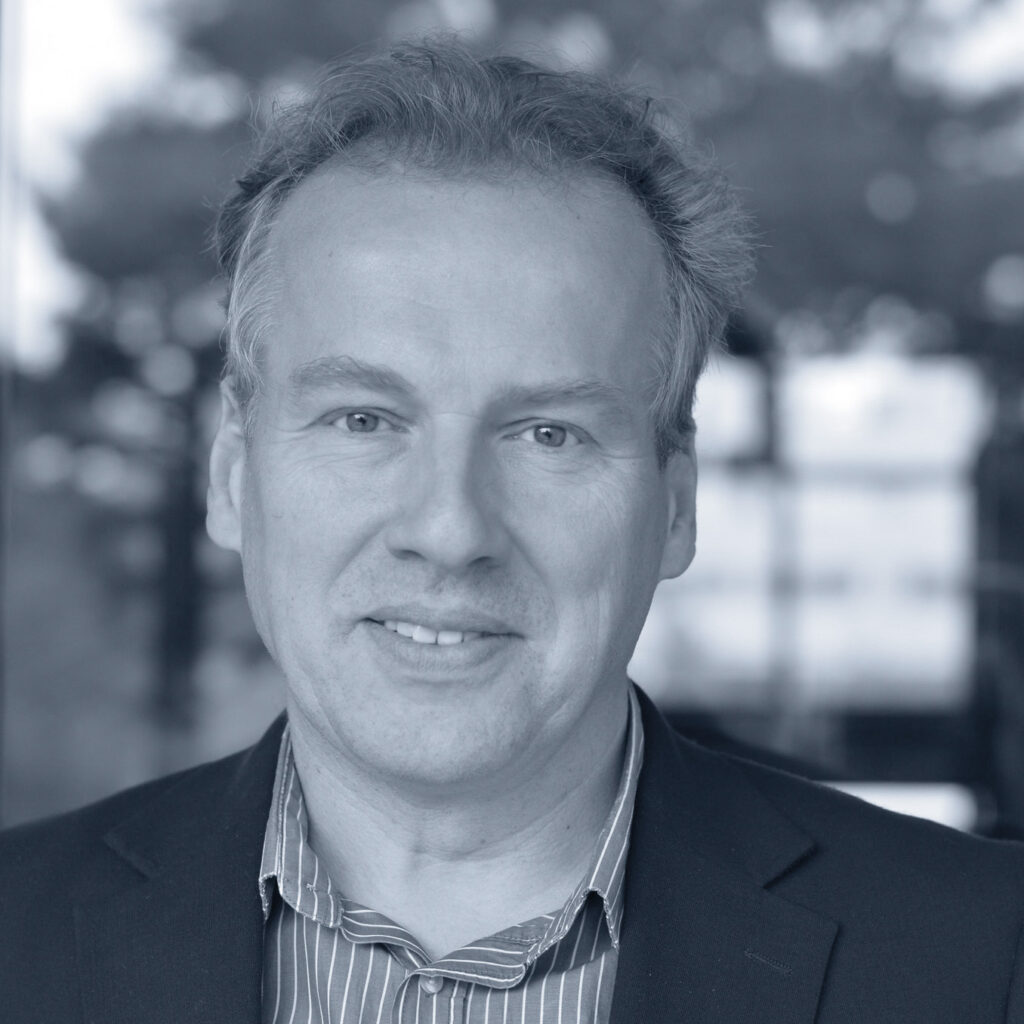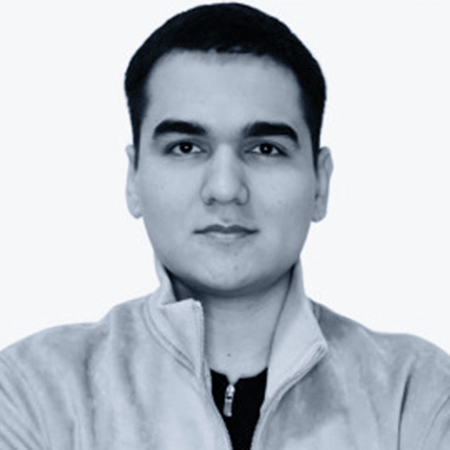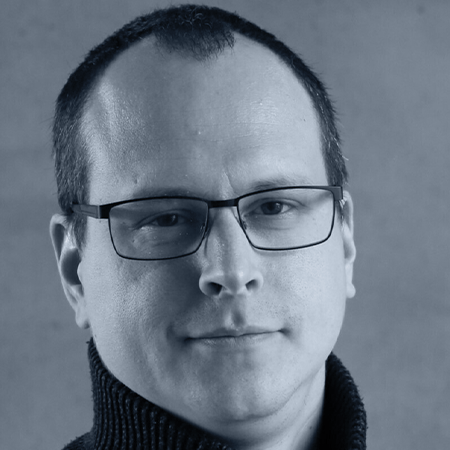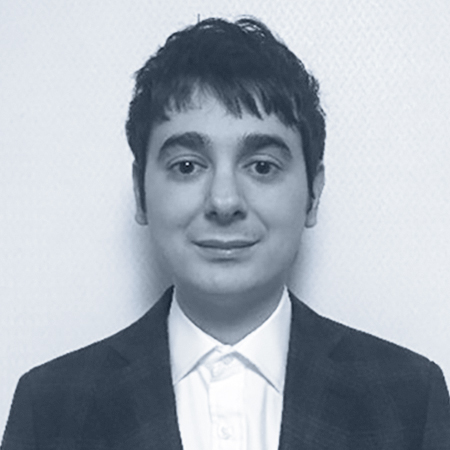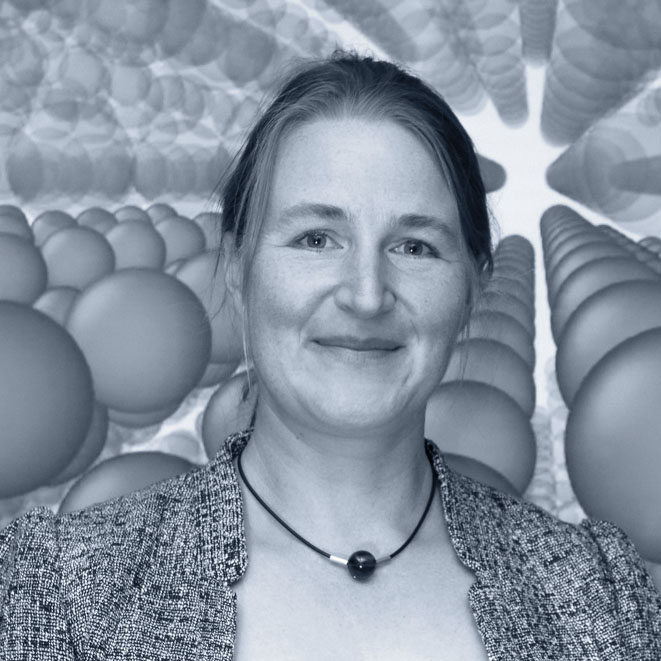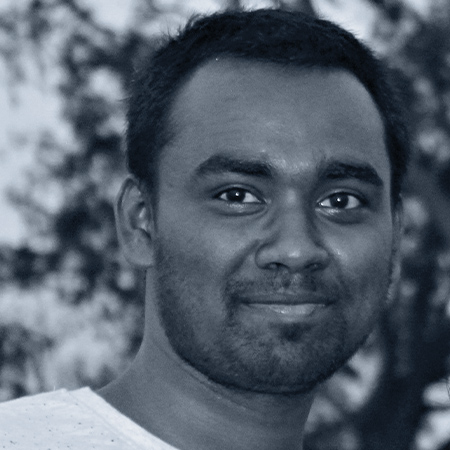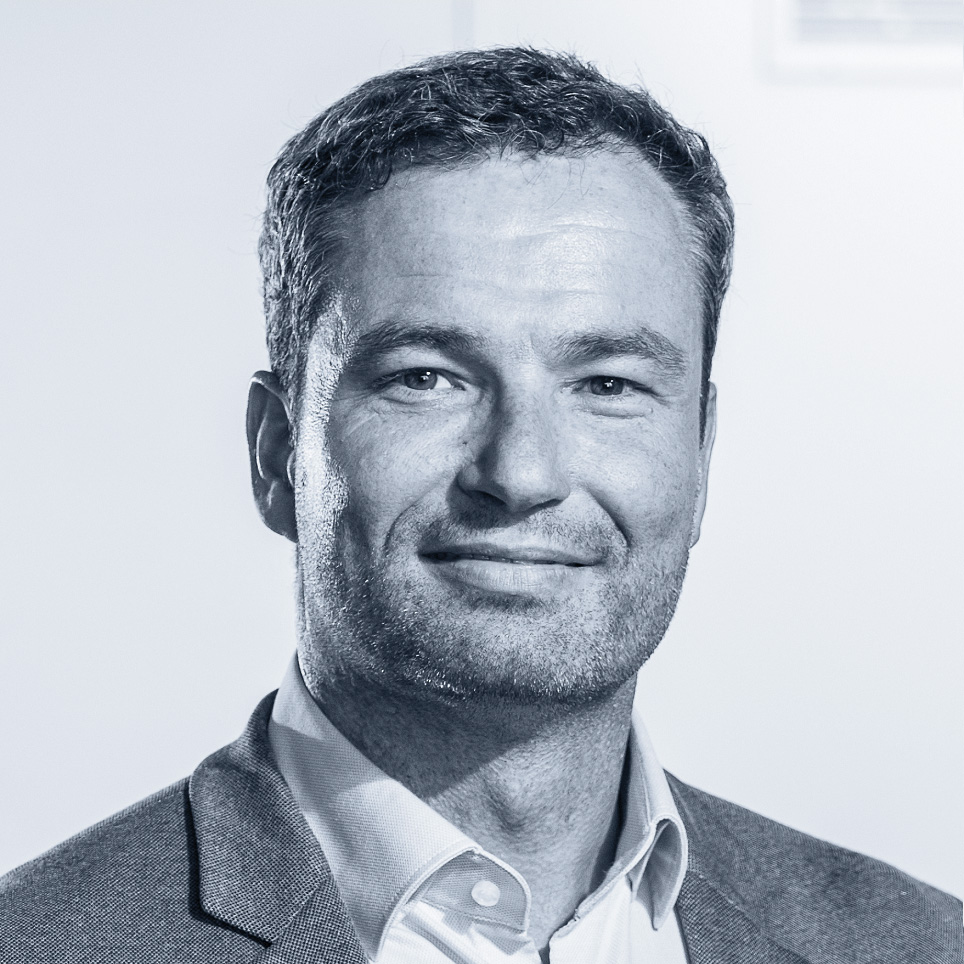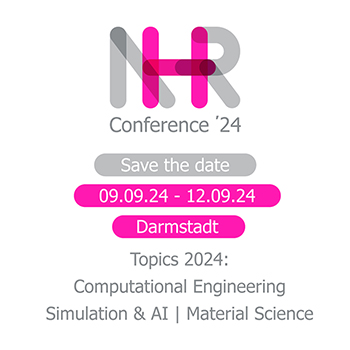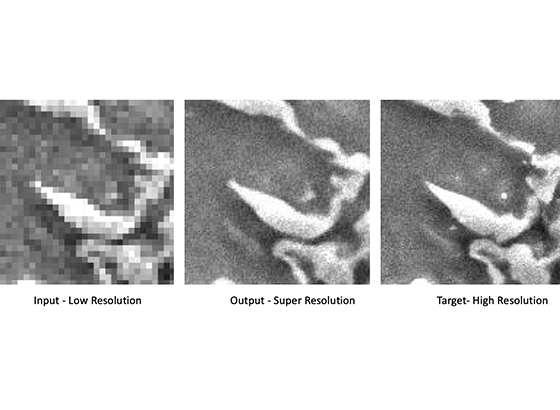28. August 2024
SDL Materials Design
and RWTH Aachen University
Simulation and Data Lab
The SDL Materials Design uses advanced computational methods to design better materials and optimize their mechanical and functional properties.
To this end we adapt deep learning methods and numerical algorithms to our data and evaluate them on materials specific metrics. The final goal is targeting material scientists from both experimental and computational background and providing cross-sectional showcases to bring them together.
Using high resolution panoramic images from Scanning Electron Microscopy (SEM) allows to have a large field of view of the microstructure. We use convolutional neural networks (CNNs) in tasks such as semantic segmentation, object detection and classification to find and locate damages and defects.
Further, we use the segmented images of microstructure as input to generate Finite Element (FE) mesh with interface details and carry out multiphase Finite Element (FE) simulations to evaluate the elastoplastic and fracture behavior of the samples in the framework of computational homogenization.
In the future, we plan to apply 3D convolutional models to SEM images in depth of the material to unravel the full nature of microstructures and damages. Additionally, Atom Probe Tomography (APT) which has the ability to explore the chemical composition of materials at near-atomic resolution will be used. We use deep learning to find good representations for the input 3D discrete data from APT, to enable them to perform tasks such as 3D segmentation and classification. The final goal of this analysis is to detect phase transformations in materials on an atomic scale.
The SDL Materials Design benefits from the open-source visualization software OVITO, commonly used to analyze the 3D data from atomistic simulations. The plan is to extend its functionality and adapt the existing algorithms to experimental data.
Competencies
- Atomistic and large-scale simulations
- Machine Learning:
- Interatomic potentials for large-scale simulations
- Process structure-property correlations
- Phase identification and segmentation
- Multi-physics simulations and application packages (MOOSE)
- Visualization and analysis (OVITO)
Current research topics:
- Deep learning models for microstructural analysis of electron microscopy images
- Finite element simulation on deep learning segmented microstructures as input
- Deep learning models for 3D data from atom probe tomography
- Robust structure identification for experimental and simulation data using machine learning
Activities
- Providing an interactive web app for material scientists to use our models
- Finding solutions for the community of materials scientists for large scale visualization within the OVITO software
- Providing lectures on computational materials science to interested students
- Gitlab/Github courses for material scientists
- Organizing Hackathons for students and the community
- Training Courses in 2025:
Gallery
Project partners
- Ovito GmbH
- DFG Projekt (AL 578/24-1 | EI 453/4-1): “Nano-Mikro Skalenübergang durch Atomistik-Kontinuum-Kopplung mittels Homogenisierung”
- Dr. Sarbajit Banerjee, Davidson Chair in Chemistry, Professor of Materials Science & Engineering, Texas A&M University
Members
Publications
2026
- Designing Defect Structure and Interfacial Strain in an Epitaxial VN Bilayer Film by Tailoring N Concentration (Marcus Hans, Damian M. Holzapfel, Zhuo Chen, Soheil Karimi Aghda, Michal Fečík, Daniel Primetzhofer, Zaoli Zhang, and Jochen M. Schneider), Advanced Materials Interfaces.
2025
- Formation of 3D-Cr2(C1-yOy) at Cr2AlC / AlOx interfaces (Rajib Sahu, Peter J. Pollmann, Dimitri Bogdanovski, Clio Azina, Ganesh Kumar Nayak, Jochen M. Schneider, and Christina Scheu), Applied Surface Science.
- Machine-learning interatomic potentials from a users perspective: a comparison of accuracy, speed and data efficiency (Niklas Leimeroth, Linus C Erhard, Karsten Albe, and Jochen Rohrer),
- Direct formation of MXene domains and compositional defects in magnetron sputtered V2AlC-AlOx heterostructures revealed by theory and experiments (
- On the efficacy of Xe+-pFIB preparation to avoid Ga+-FIB induced phase transformations in Al-Ni alloys (Hendrik C. Jansen, Amit Sharma, Krzysztof Wieczerzak, Ganesh K. Nayak, and Jochen M. Schneider, Jakob Schwiedrzik, Thomas E.J. Edwards, Johann Michler), Scripta Materialia.
- Understanding phase transitions of α-quartz under dynamic compression conditions by machine-learning driven atomistic simulations (Linus C. Erhard, Christoph Otzen, Jochen Rohrer, Clemens Prescher, and Karsten Albe), npj Computational Materials.
2024
- Modelling atomic and nanoscale structure in the silicon–oxygen system through active machine learning (Linus C Erhard, Jochen Rohrer, Karsten Albe and Volker L. Deringer)
- Structure–property relations of silicon oxycarbides studied using a machine learning interatomic potential (Niklas Leimeroth, Jochen Rohrer and Karsten Albe)
- Crystal structure identification with 3D convolutional neural networks with application to high-pressure phase transitions in SiO2 (Linus C Erhard, Daniel Utt, Arne J Klomp and Karsten Albe), Modelling and
Simulation in Materials Science and Engineering
2023
-
Chemistry–mechanics–geometry coupling in positive electrode materials: a scale-bridging perspective for mitigating degradation in lithium-ion batteries through materials design (David A. Santos, Shahed Rezaei, Delin Zhang, Yuting Luo, Binbin Lin, Ananya R. Balakrishna, Bai-Xiang Xu and Sarbajit Banerjee), Chemical Science.
-
Effect of moisture on the delamination properties of fractured PVB-laminated glass: A joint experimental and numerical study (Xing Chen, Binbin Lin, Miriam Schuster, Suwen Chen, Bai-Xiang Xu, and Jens Schneider), Composite Structures.
-
Determination of the Rate Dependence of Damage Formation in Metallic-Intermetallic Mg–Al–Ca Composites at Elevated Temperature using Panoramic Image Analysis (Setareh Medghalchi, Muhammad Zubair, Ehsan Karimi, Stefanie Sandlöbes-Haut, Ulrich Kerzel, and Sandra Korte-Kerzel), Advanced Engineering Materials.
-
Computer vision assisted decomposition analysis of atom probe tomography data (Janis A Sälker, Raheleh Hadian, Jochen M Schneider, and Marcus Hans), Journal of Physics D: Applied Physics.
- Three-dimensional characterisation of deformation-induced damage in dual phase steel using deep learning (Setareh Medghalchi, Ehsan Karimi, Sang-Hyeok Lee a, Benjamin Berkels, Ulrich Kerzel, and Sandra Korte-Kerzel), Materials & Design.
- A Machine Learning Enabled Image-data-driven End-to-end Mechanical Field Predictor For Dual-Phase Steel (Binbin Lin, Setareh Medghalchi, Sandra Korte-Kerzel, and Bai-Xiang Xu), 92nd Annual Meeting of the International Association of Applied Mathematics and Mechanics (GAMM).
- Modelling atomic and nanoscale structure in the silicon–oxygen system through active machine learning (Linus C. Erhard, Jochen Rohrer, Karsten Albe, and Volker L. Deringer), Nature Communications.
2022
- Humidity influence on mechanics of paper materials: joint numerical and experimental study on fiber and fiber network scale (Binbin Lin, Julia Auernhammer, Jan-Lukas Schäfer, Tobias Meckel, Robert Stark, Markus Biesalski & Bai-Xiang Xu), Cellulose.
- Data science enables X-ray vision (David A. Santos, Binbin Lin, Justin L. Andrews), Patterns.
- Multivariate hyperspectral data analytics across length scales to probe compositional, phase, and strain heterogeneities in electrode materials (David A. Santos, Justin L. AndrewsAnanya, Binbin Lin, Luis R. De Jesus, Yuting Luo, Savannah Pas, Michelle A. Gross, Luis Carillo, Peter Stein, Yu Ding, Bai-Xiang Xu, Sarbajit Banerjee), Patterns.
- A deep learned nanowire segmentation model using synthetic data augmentation (Binbin Lin, Nima Emami, David A. Santos, Yuting Luo, Sarbajit Banerjee & Bai-Xiang Xu), npj Computational Materials.
2021
-
Chemo-mechanical study of dislocation mediated ion diffusion in lithium-ion battery materials (Christoph Reimuth, Binbin Lin, Yangyiwei Yang, Peter Stein, Xiandong Zhou, and Bai-Xiang Xu), Journal of Applied Physics.
- Data-driven microstructure sensitivity study of fibrous paper materials (Binbin Lin, Yang Bai, Bai-Xiang Xu), Materials and Design.
SDL Materials Design News
NHR4CES at the NHR Conference 2024
10. August 2022

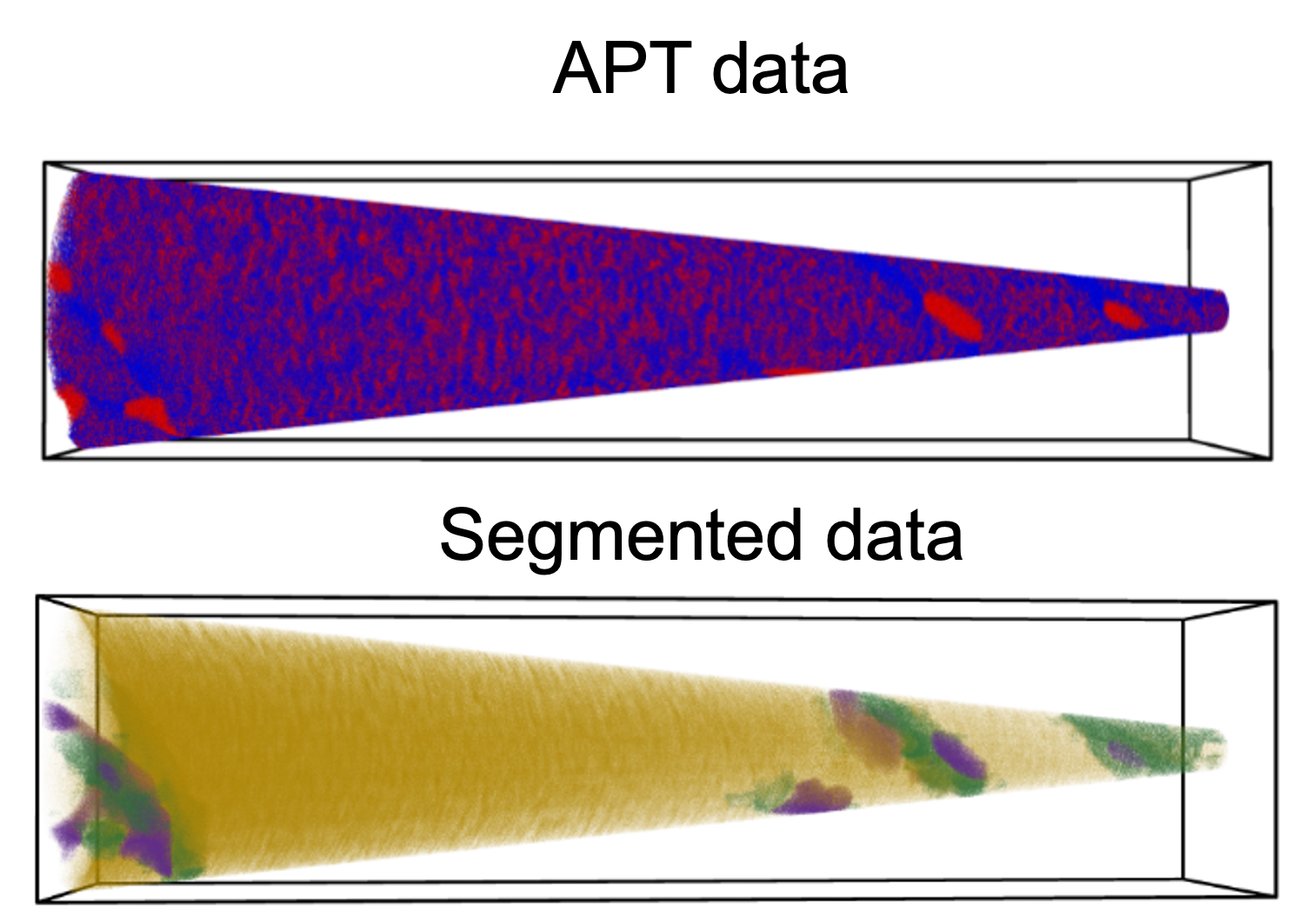 Phase identification and segmentation of atom probe tomography (APT) data: ML-based methods can improve automation and reduce the need of expert knowledge. This enables more accessible usage of APT.
Phase identification and segmentation of atom probe tomography (APT) data: ML-based methods can improve automation and reduce the need of expert knowledge. This enables more accessible usage of APT. 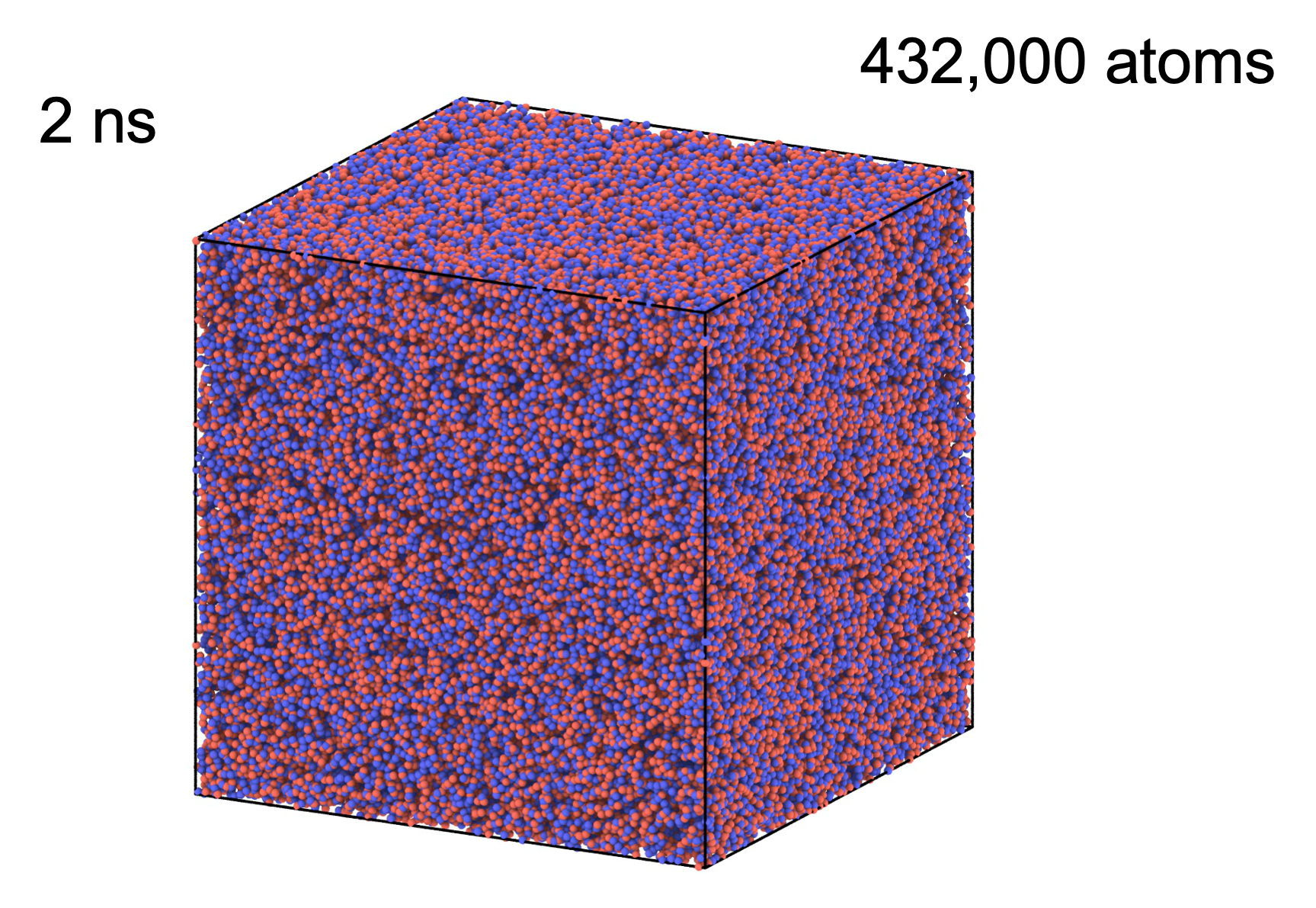 MD simulation of silicon monoxide formation: By means of ML interatomic potentials it is shown that silicon monoxide is a two-phase system in the solid state. This result is most relevant for applications of Si-O as energy material.
MD simulation of silicon monoxide formation: By means of ML interatomic potentials it is shown that silicon monoxide is a two-phase system in the solid state. This result is most relevant for applications of Si-O as energy material. 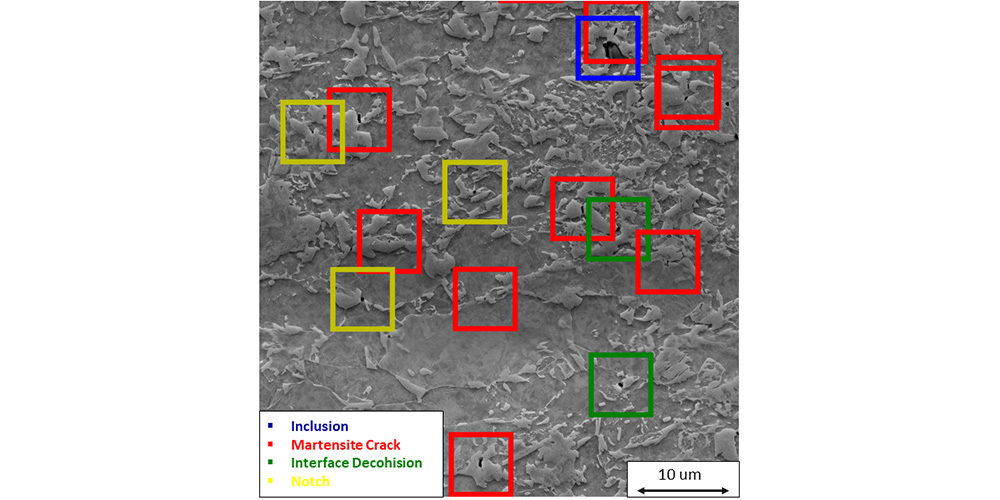 Damage sites detection and classification of Dual phase Steel 800 microstructure. (© NHR4CES/SDL Materials Design)
Damage sites detection and classification of Dual phase Steel 800 microstructure. (© NHR4CES/SDL Materials Design) 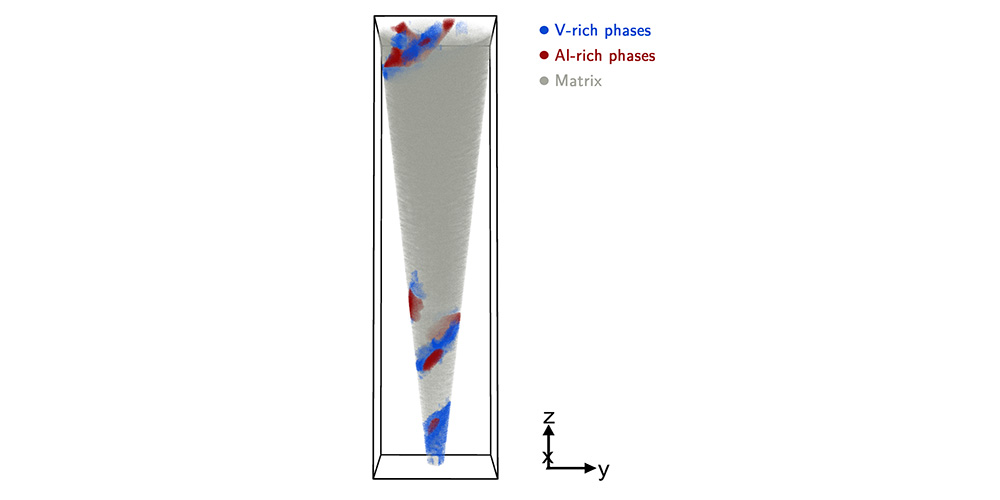 Segmented APT reconstruction of a VAlN specimen. Color coding corresponds to the classes of the segmentation model. (© NHR4CES/SDL Materials Design)
Segmented APT reconstruction of a VAlN specimen. Color coding corresponds to the classes of the segmentation model. (© NHR4CES/SDL Materials Design) 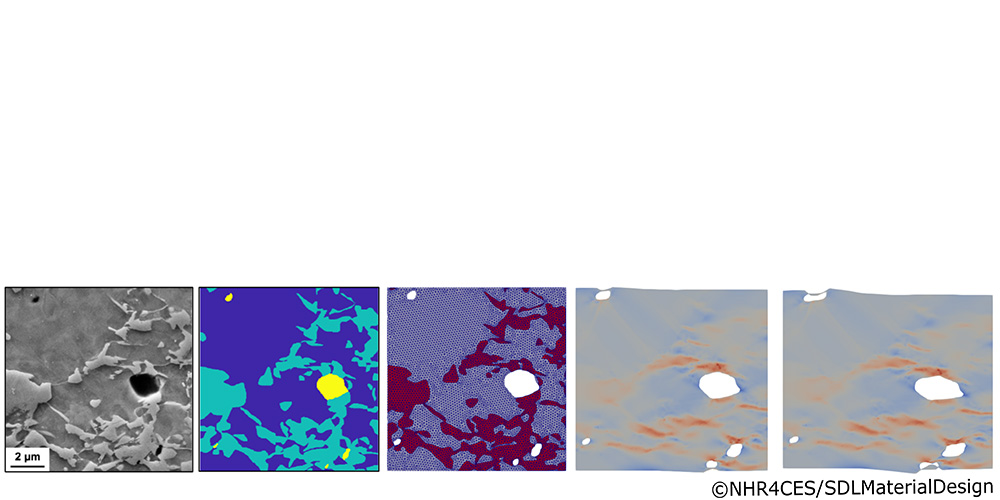 Segmented SEM image used as input to FE simulations to calculate the mechanical properties. (© NHR4CES/SDL Materials Design)
Segmented SEM image used as input to FE simulations to calculate the mechanical properties. (© NHR4CES/SDL Materials Design) 